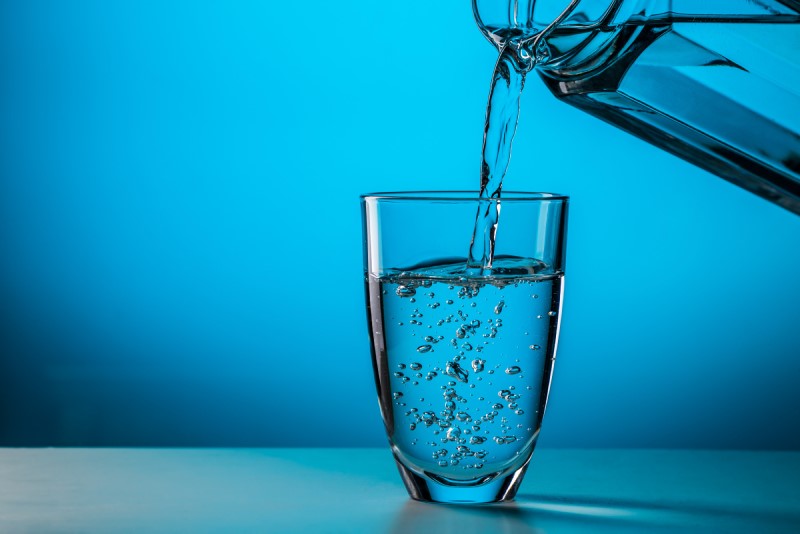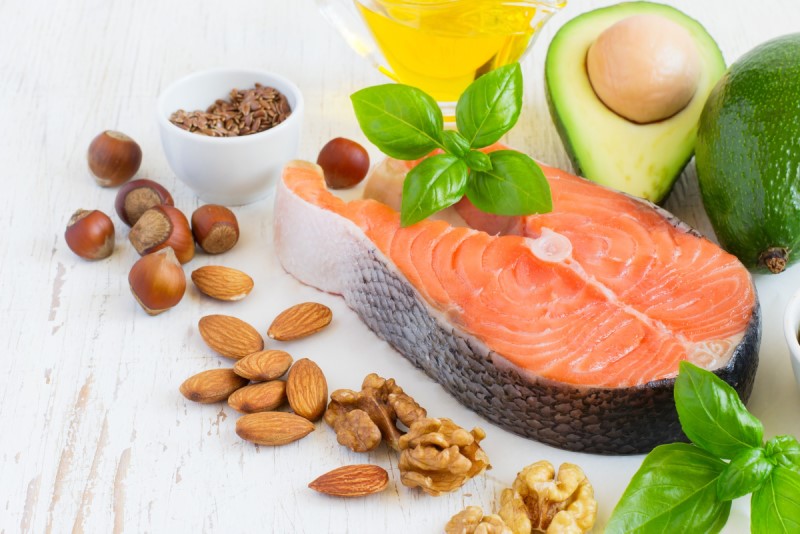In the modern society, people keeps pushing the emphasis on being thin. In fact, for many people, being thin is vital to be considered beautiful. Obese or overweight people are socially ostracised. For many of them, the only way out of that vicious circle is to lose weight drastically. Dieting can be long and full of obstacles. To get quick and visible results, some individuals take up the challenge and follow crash diets or abusively restrictive weight loss programs. Enticed with weight lost ads, they fall into the traps of drastic diets. “Lose 15 pounds in just 7 days,” “Get rid of your fat in only 10 days,” are among their miraculous promises. However, they are being nothing but deleterious. In fact, those highly restrictive diets constitute a serious risk to health.
Drastic diets advocate calorie restrictive eating habits. Some foods are banned in order to achieve rapid weight loss. While following such a restrictive dietary habit, an individual can gradually lose control of his diet. This leads to food rages and the old eating habits end up resurfacing. As a result, weight gain is sometimes unavoidable. This is what specialists called the “yo-yo effect“. Frustrated by inevitable failures, some people switch to other diets hoping to get better results. However, these switches can have a great impact on their health.
Fast Weight Loss
Drastic diets involve several health risks, but they are effective in weight loss. So what is these drastic results attributable to? According to dietitians and nutritionists who have addressed this issue, the weight loss caused by drastic diets is explained by a loss of lean body mass or muscles rather than the loss of fat. Indeed, a diet of less than 1000 calories burns about 20% of muscle mass. It is a common fact that muscle loss alters the basic metabolism. Our body tends to store fat as calories when we resume our old eating habits. This may help explain why people nearly always regain weight after a fad diet.
Aim a gradual and healthy weight loss
This article does not aim at creating a disincentive for people from losing weight. On the contrary, DietSensor is aware of the risks of excessive weight gain. Our aim is to help people change routines and build new eating habits. It is a well-known fact that too much junk foods and lack of physical exercises lead to diabetes, high rate of cholesterol and cardiovascular disorders. However, the results of restrictive regimes are unfortunately ephemeral and the risks they entail are very real. It should be noted that our body needs energy and essential nutrients to properly operate. When it is deprived of nutrients, health problems are inevitable.
Some good practices
Losing unwanted pounds is always a challenge, but this is more evidence that a sensible, long-term approach makes the most sense. Follow your doctor’s recommendations carefully and gradually eliminate harmful and fattening foods from your diet. Make room for healthy foods such as fruits, vegetables or fish. Exercise regularly. No need to deprive yourself for weight loss. Eating the right portions of food is enough to achieve healthy weight loss. Do you need assistance? DietSensor is a tool that can help you manage your macronutrients. This state-of-the-art application supports your everyday diets. Do not forget, depriving yourself is not the only way out.




